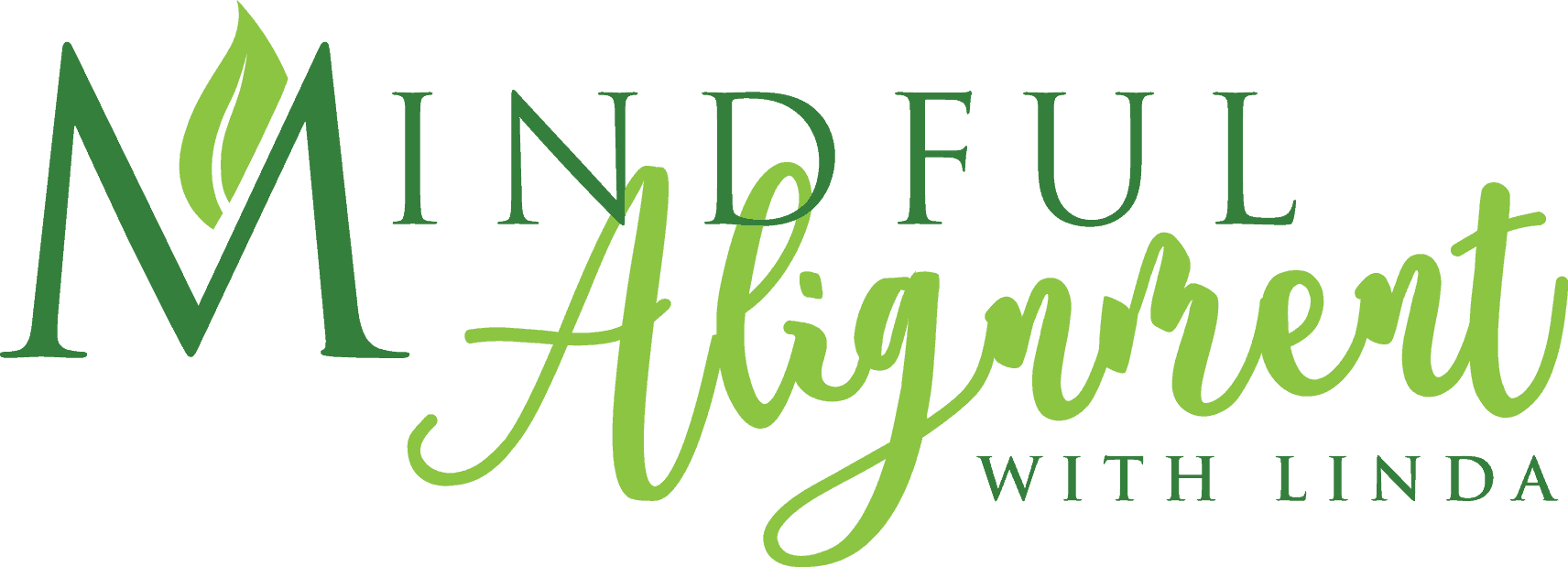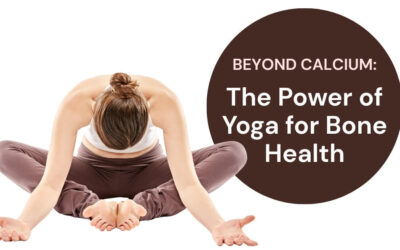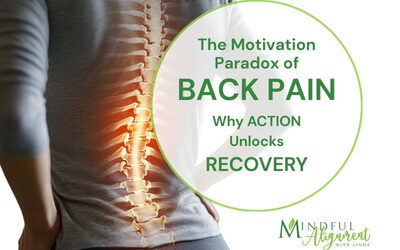Exercises for Bone Health
Osteoporosis 2
Today’s article is the second in the three part series on osteoporosis.
There are two types of exercises that are necessary for building and maintaining bone density
In the previous article “Osteoporosis & Ways to Prevent It,” I mentioned that osteoporosis is a silent disease that affects millions of adults, and can cause hip, spine, and wrist bones to break. There are several steps one can take to strengthen bones. One recommendation is to do weight-bearing, resistance, and balance exercises.
There are two types of exercises that are necessary for building and maintaining bone density: weight-bearing and muscle-strengthening exercises. One needs enough movement, focusing on weight-bearing exercises, to be most effective. The bones need to be stacked to get enough load or weight on the bones to maintain strength when doing weight-bearing exercises. Stacking requires proper body alignment during the specified movement.
In contrast, people tend to roll their shoulders forward while bringing their heads forward, as well. As a result, the body is out of alignment with little or no load on the bones.
Exercises that push and pull the muscles help strengthen the bones
When the load increases the pressure on a bone, the bone responds by getting stronger. When one muscle opposes another muscle, the bones also get stronger. The duration of the pressure also helps strengthen the bones. One study on bone health indicated that holding any exercise or yoga pose for 8 seconds or more keeps the bones healthy. FYI: Most yoga poses are held for more than 8 seconds. Therefore, yoga may help enable more bone strength!
Yoga is very good for preventing bone loss
The stretching, compression, and range of motion in yoga prevents bone loss – – especially poses that involve the spine, hip, and wrists. Yoga helps with balance, increases range of motion, improves strength, and can be held more than 8 seconds. Also, yoga slowly stretches the muscles against themselves, resulting in many pounds of pressure or load on the bones. These poses encourage proper body alignment so that the force of your body helps strengthen the bones. Of course, yoga is portable and can be done almost anywhere with minimal equipment. Also, yoga has stood the test of time and can be done at almost any age. “It’s all good about yoga.”
Your ribs are the one exception
Weight-bearing and muscle-strengthening exercises do not strengthen the rib bones. Proper breathing is needed to prevent bone loss in the rib cage. Yoga also encourages proper breathing techniques.
Some other exercises to consider that might help with bone health:
- Walking or running can be a weight-bearing exercise if done correctly.
- Tai Chi helps with range of motion and balance but only exerts the same pressure on the bones as gravity.
- The ‘Alexander Technique’ focuses on improving gait and posture or alignment, an essential component of good bone health. However, this technique does not strengthen the muscles.
- Using weights while exercising helps to strengthen the muscles and the bones. However, most weight-bearing programs do not help with range of motion.
All of these techniques require proper body alignment to be effective. A comprehensive yoga practice can help keep your bones healthy.
Next week’s article will discuss proper breathing techniques.
If you would like help on your wellness journey, sign up for Linda’s email list.
Related Articles:
Beyond Calcium: The Power of Yoga for Bone Health
Discover how yoga supports bone health and osteoporosis prevention. Learn science-backed poses that strengthen your skeleton and reduce fracture risk.
The Motivation Paradox: Action is the Catalyst for Healing Back Pain
Discover the Motivation Paradox of Back Pain—why waiting for motivation keeps you stuck and how action is the true catalyst for healing. Learn science-backed strategies to break the pain cycle and reclaim mobility.
Transform Back Pain Anxiety: From Uncertainty to Empowerment
Discover how to navigate pain anxiety with empowerment. Embrace uncertainty and reclaim your healing journey through mindfulness and resilience.
Transforming Your Relationship with Back Pain: A Mindset Revolution
Back pain is more than a physical challenge—it's a profound psychological journey. The real battle isn't just in your muscles and joints, but in your mind. Your thoughts can either be a prison or a pathway to healing. Reframing Your Inner Narrative When chronic pain...




